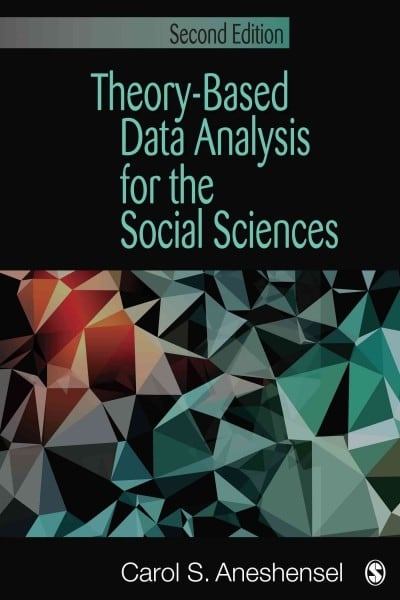Question
Beau Propion sought therapy from Dr. Pfizer. At the initial session, Dr. Pfizer evaluated the patient as suffering with a moderate form of depression. Mr.
Beau Propion sought therapy from Dr. Pfizer. At the initial session, Dr. Pfizer evaluated the patient as suffering with a moderate form of depression. Mr. Propion indicated he did not want to take antidepressant medication, because he had read all the horrible adverse effects of antidepressant medication on the internet. Given the moderate signs and symptoms, Dr. Pfizer understood the patient's decision and agreed to engage in a psychotherapy relationship with the patient. As treatment progressed, Mr. Propion became more significantly depressed. He presented with more significant symptoms of depression. Signs and symptoms included sleeping too much, weight gain, fatigue, passive suicidal ideation, procrastination, and poor concentration. He recently started taking days off from work because of the severity of the depressive symptoms. During a session, Dr. Pfizer broached the subject of antidepressants, because Dr. Pfizer knows that medication can be helpful, especially in more significant forms of depression. As expected, Mr. Propion declines a referral for medication evaluation. Dr. Pfizer is concerned about the patient and calls you for a consultation.
What are the ethical issues involved in this case?
What are the clinical issues involved in this situation?
What are the ramifications about the therapeutic relationship?
What course of action would you suggest to Dr. Pfizer?
Using Sileo and Kopala's A-B-C-D-E worksheet, evaluate this ethical dilemma.
Step by Step Solution
There are 3 Steps involved in it
Step: 1

Get Instant Access to Expert-Tailored Solutions
See step-by-step solutions with expert insights and AI powered tools for academic success
Step: 2

Step: 3

Ace Your Homework with AI
Get the answers you need in no time with our AI-driven, step-by-step assistance
Get Started


